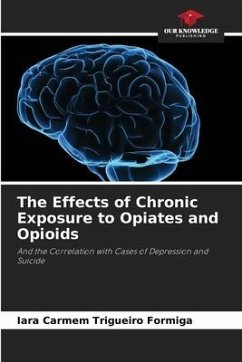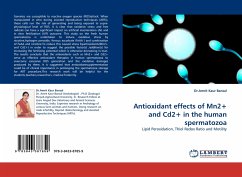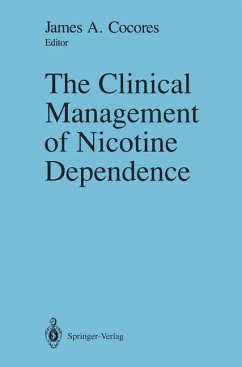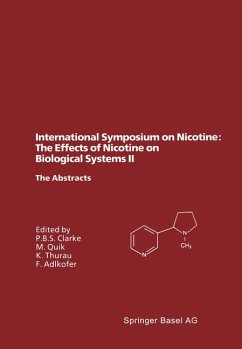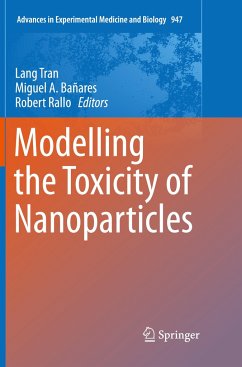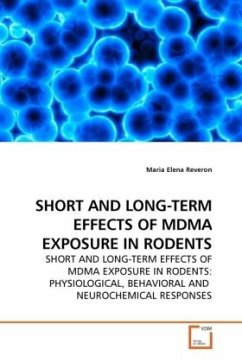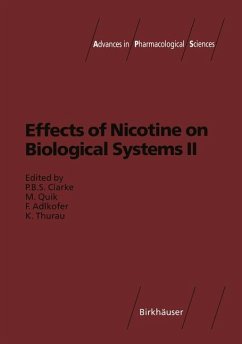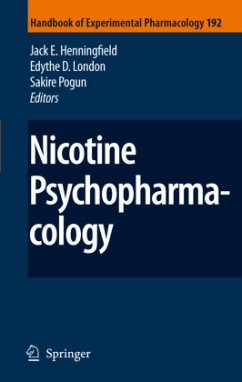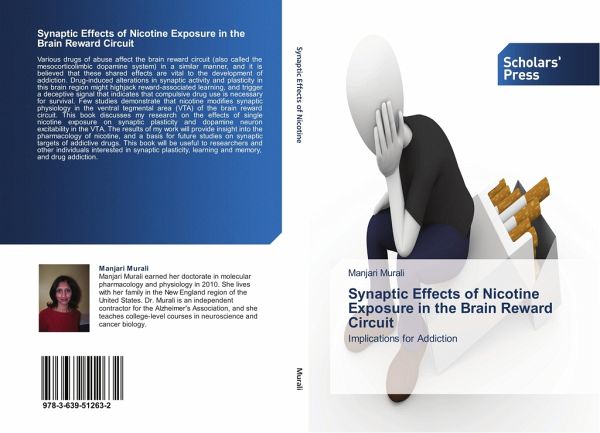
Synaptic Effects of Nicotine Exposure in the Brain Reward Circuit
Implications for Addiction
Versandkostenfrei!
Versandfertig in 6-10 Tagen
45,99 €
inkl. MwSt.

PAYBACK Punkte
23 °P sammeln!
Various drugs of abuse affect the brain reward circuit (also called the mesocorticolimbic dopamine system) in a similar manner, and it is believed that these shared effects are vital to the development of addiction. Drug-induced alterations in synaptic activity and plasticity in this brain region might highjack reward-associated learning, and trigger a deceptive signal that indicates that compulsive drug use is necessary for survival. Few studies demonstrate that nicotine modifies synaptic physiology in the ventral tegmental area (VTA) of the brain reward circuit. This book discusses my resear...
Various drugs of abuse affect the brain reward circuit (also called the mesocorticolimbic dopamine system) in a similar manner, and it is believed that these shared effects are vital to the development of addiction. Drug-induced alterations in synaptic activity and plasticity in this brain region might highjack reward-associated learning, and trigger a deceptive signal that indicates that compulsive drug use is necessary for survival. Few studies demonstrate that nicotine modifies synaptic physiology in the ventral tegmental area (VTA) of the brain reward circuit. This book discusses my research on the effects of single nicotine exposure on synaptic plasticity and dopamine neuron excitability in the VTA. The results of my work will provide insight into the pharmacology of nicotine, and a basis for future studies on synaptic targets of addictive drugs. This book will be useful to researchers and other individuals interested in synaptic plasticity, learning and memory, and drug addiction.



